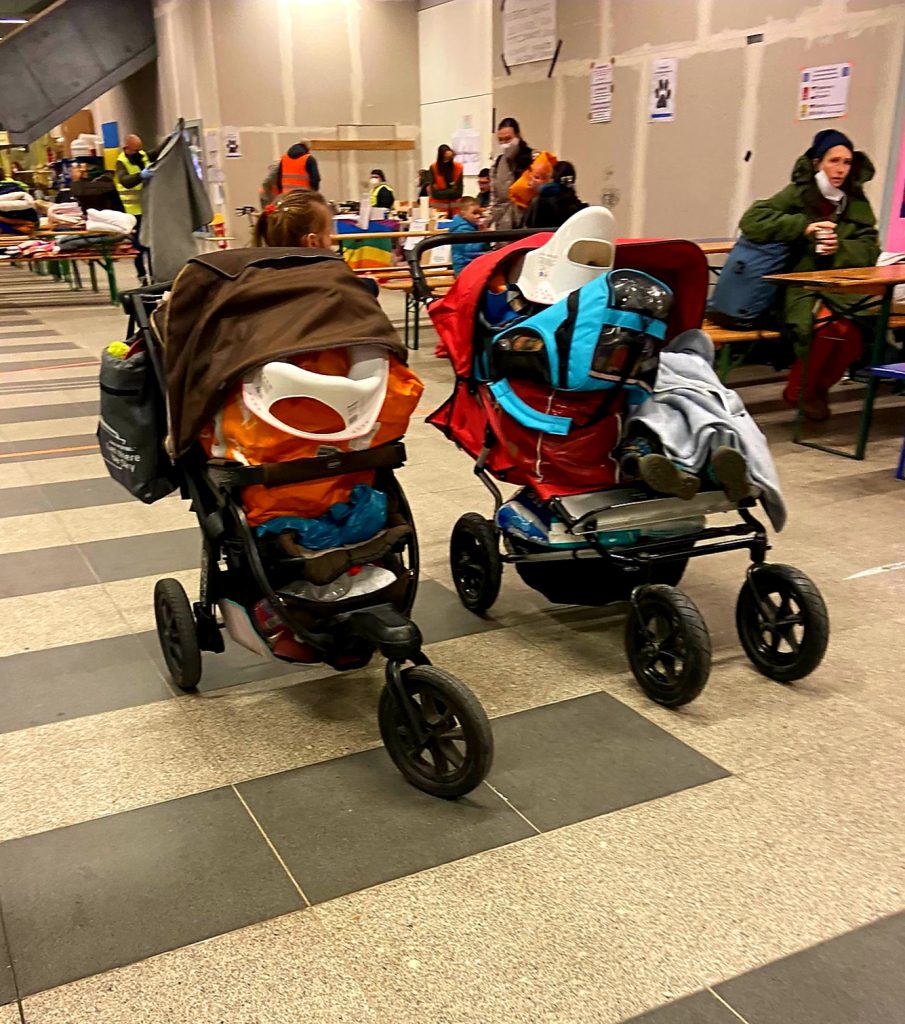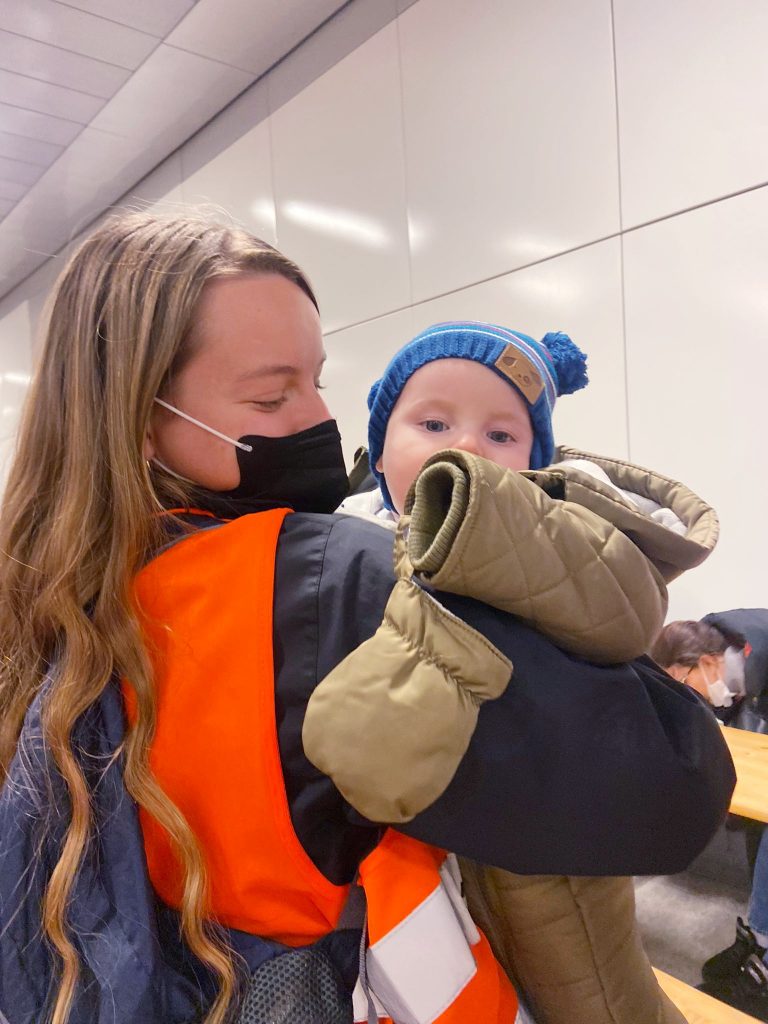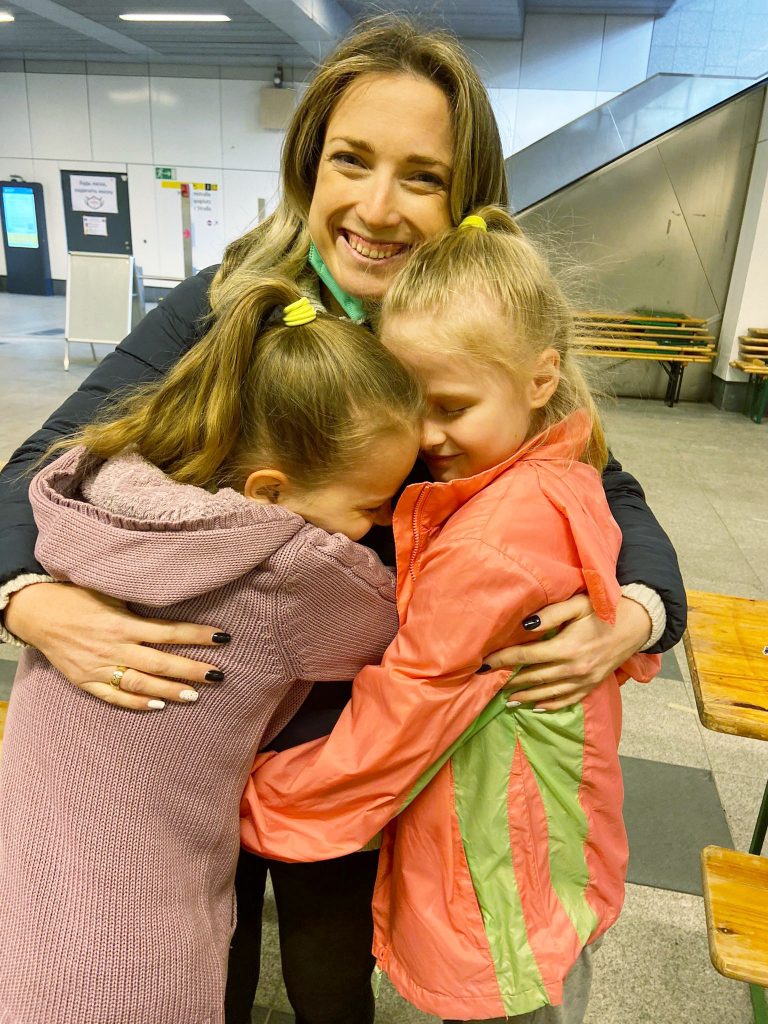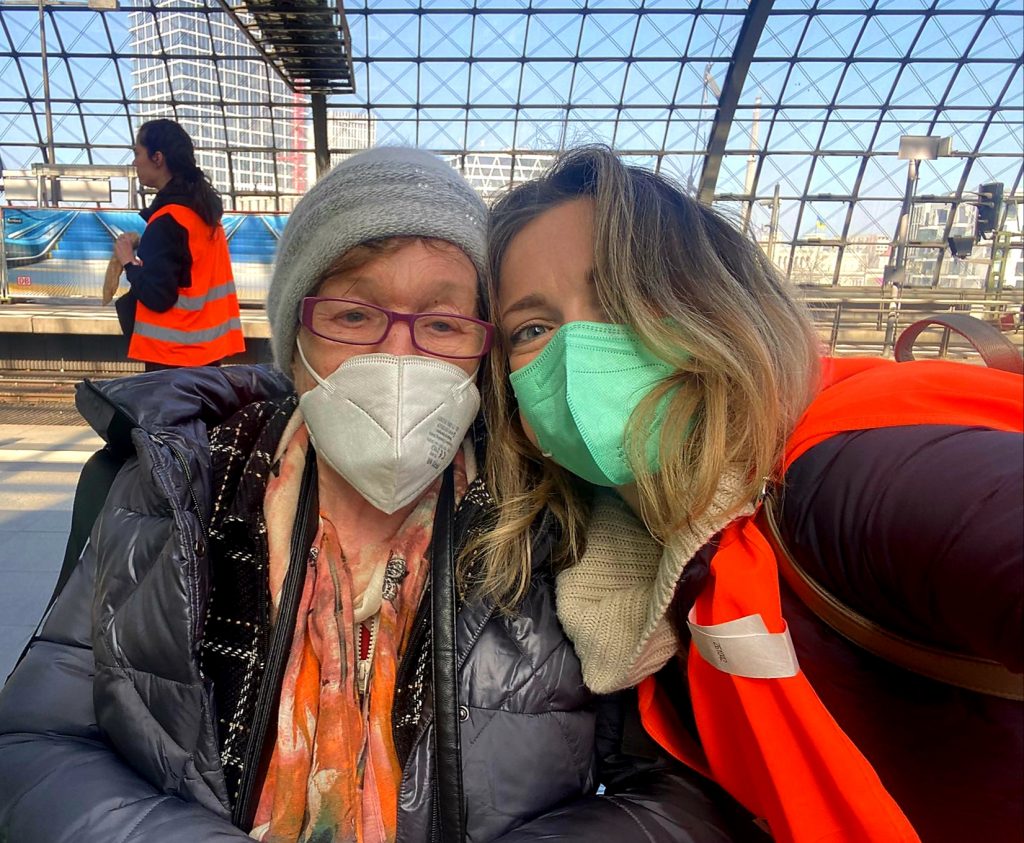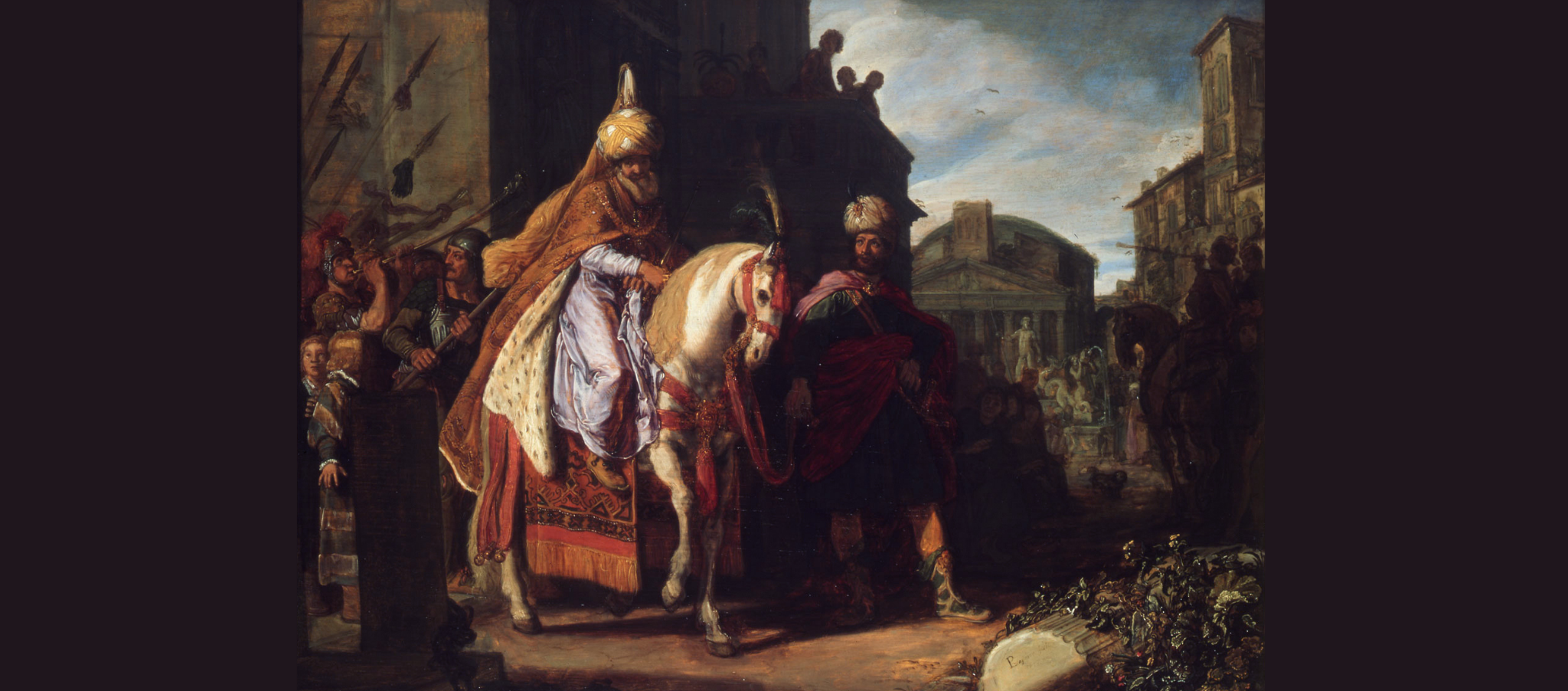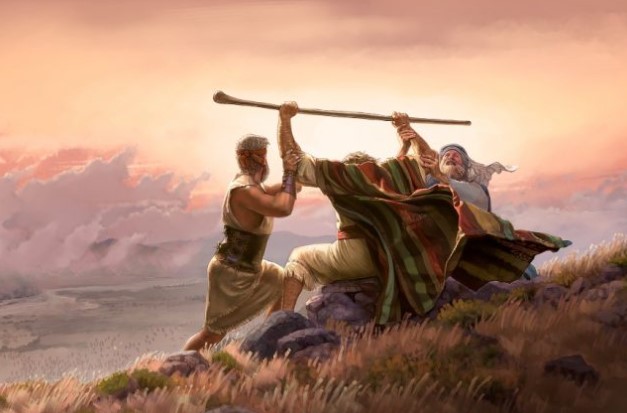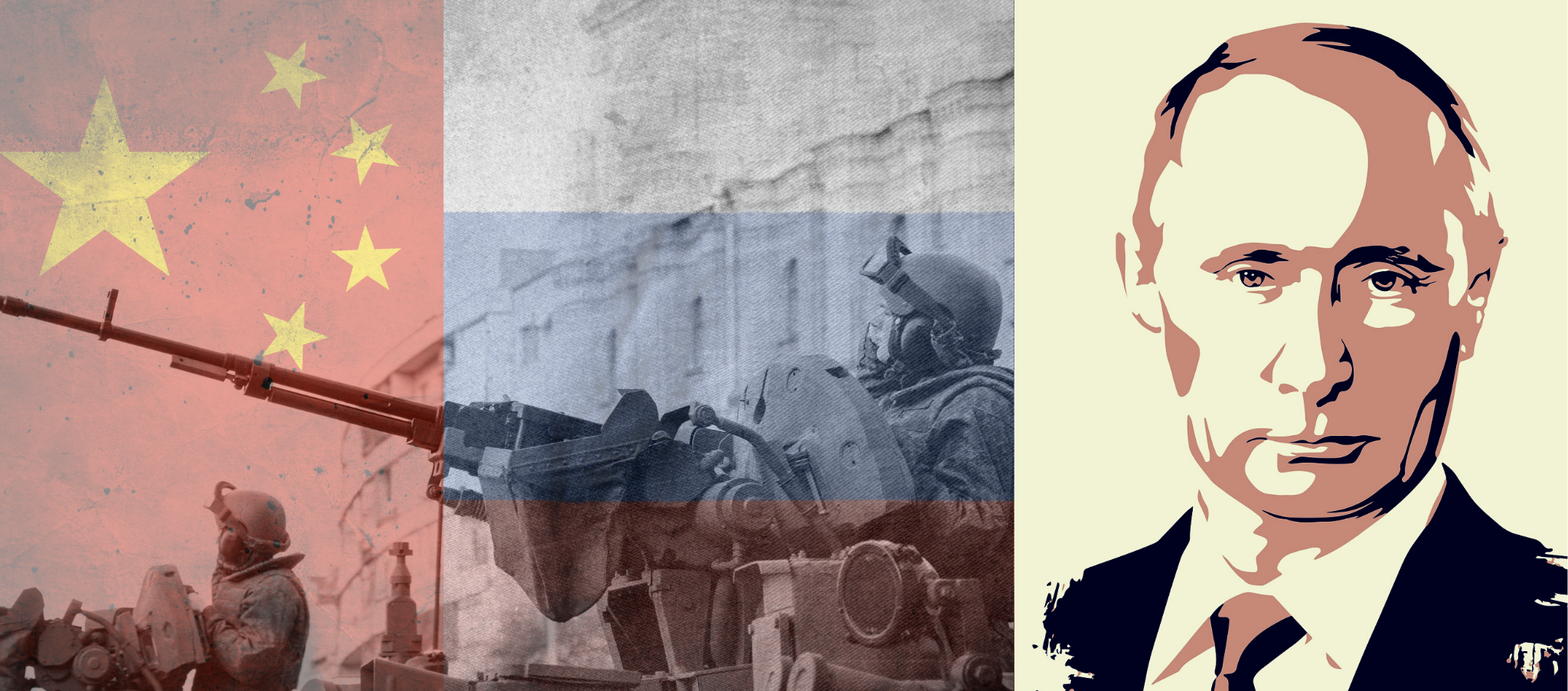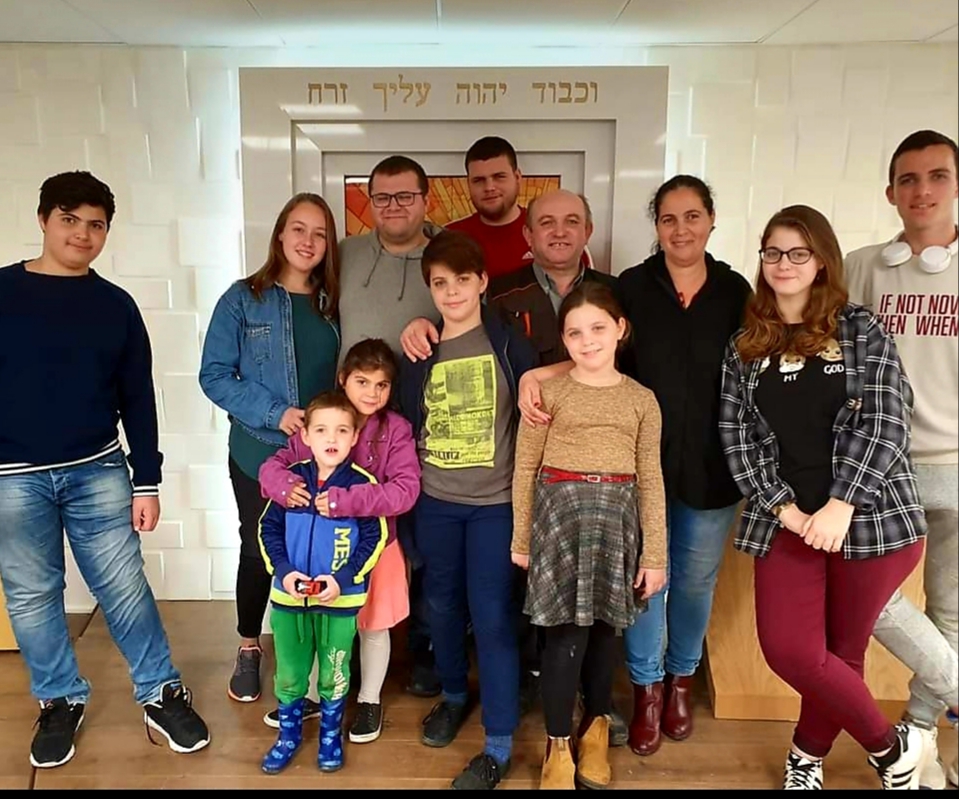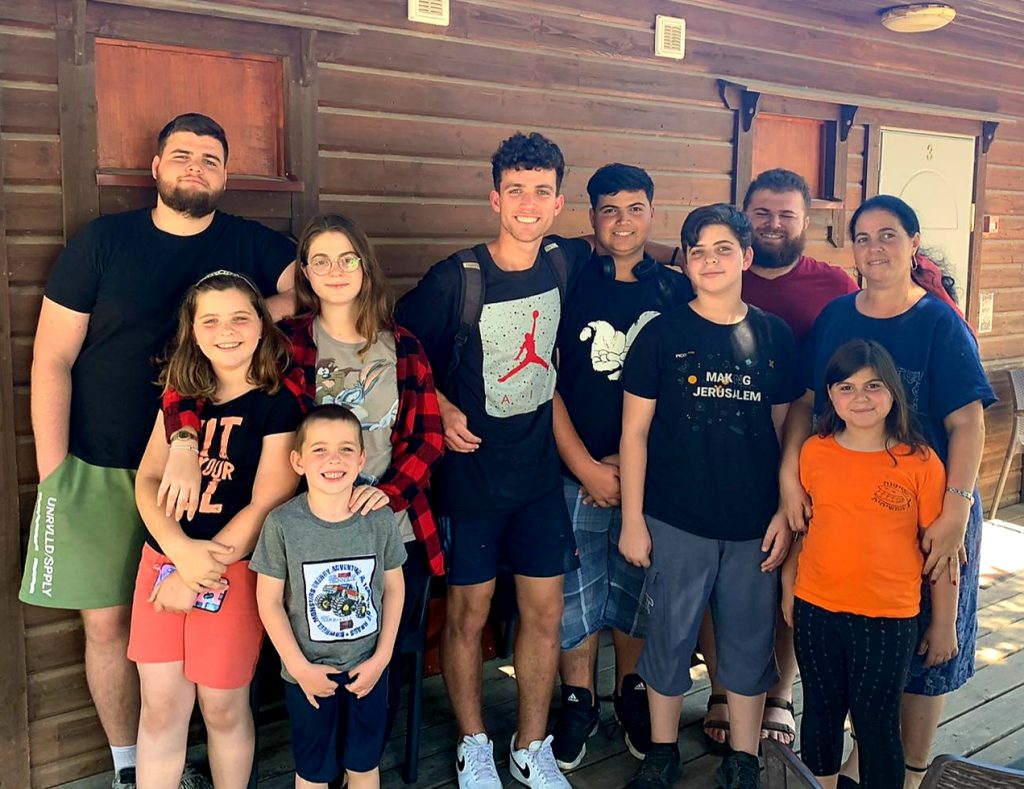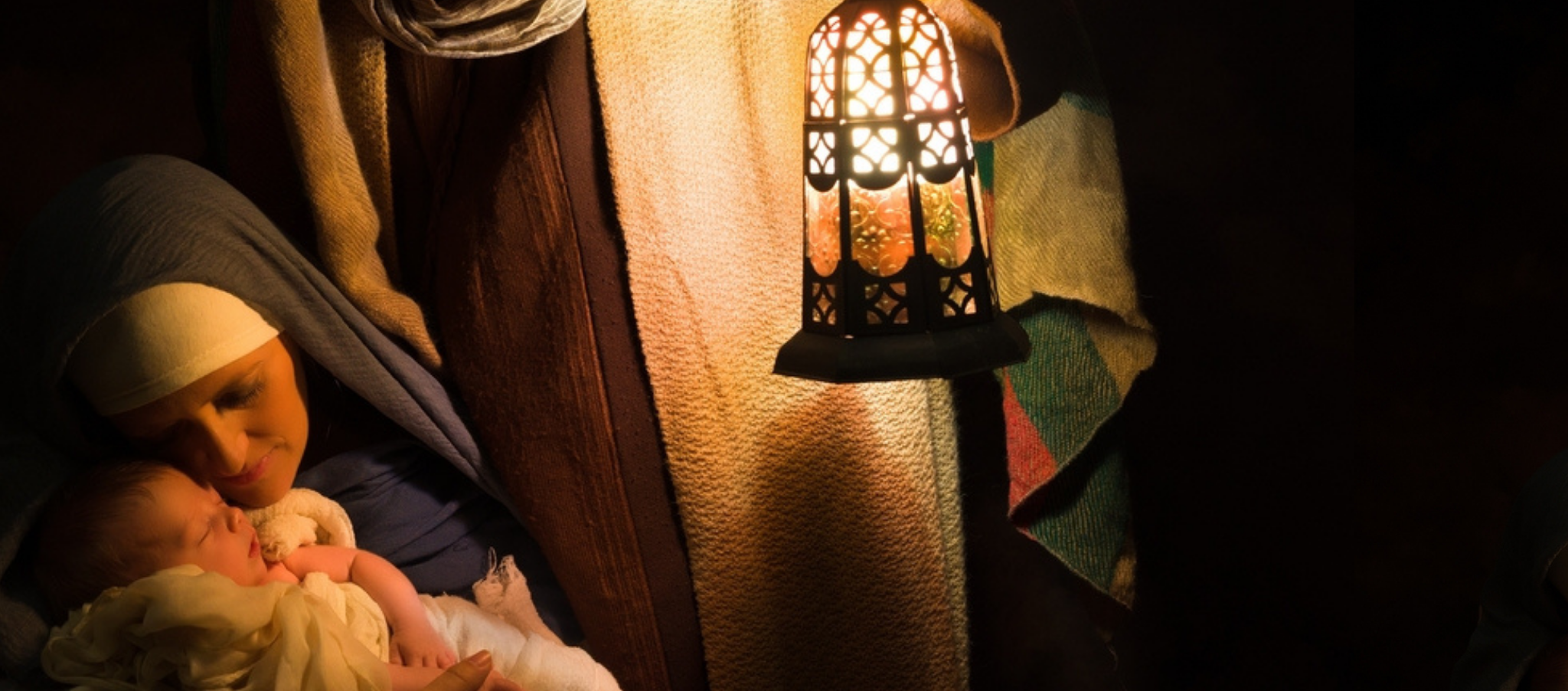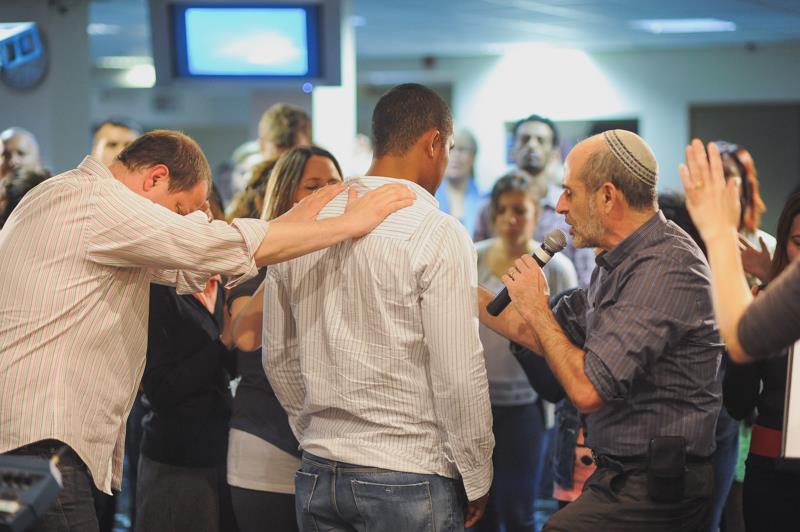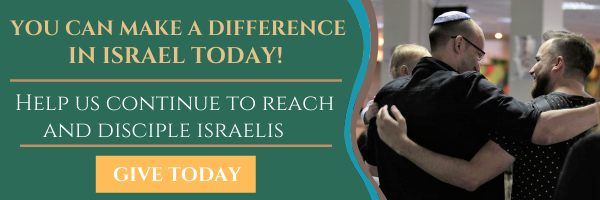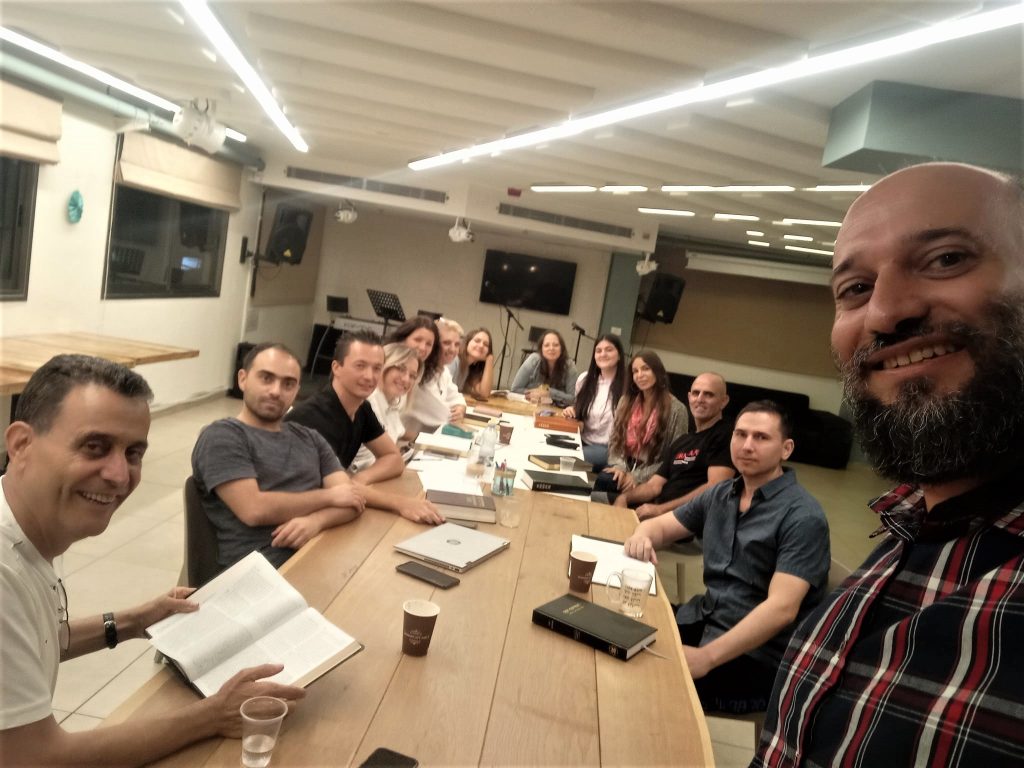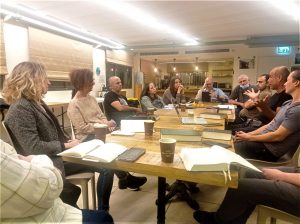Born of the Spirit…Baptized in the Spirit…the Indwelling of the Spirit…Filled with the Spirit…These are terms most of us are familiar with as believers. Whether we fully understand the differences between them and their function is another matter. I have personally had confusion about them. We recently celebratecd the Festival of Weeks (Shavuot), the biblical holiday during which the Lord poured out His Spirit on the believers who were gathered in Jerusalem as described in the first two chapters of Acts. In this season we feel that God is calling us to seek even more to be “clothed with power from on high” as Yeshua exhorted His followers in Luke 24:49. The kingdom of God is not of persuasive words but of power (I Cor. 4:20), and to bring in the final harvest, we need the power of Spirit just as much as those who were stewards of the First Fruits harvest two-thousand years ago! Therefore, understanding the role and ministry of the Holy Spirit is essential.
Born of the Spirit – A New Creation – God’s Living Temple
Very truly I tell you, no one can see the kingdom of God unless they are born again…no one can enter the kingdom of God unless they are born of water and the Spirit. Flesh gives birth to flesh, but the Spirit gives birth to spirit.
John 3:3,5-6
Being “born again” has become a Christian catchword for a person who has accepted Yeshua as their savior. The concept comes from Yeshua’s discussion with the Pharisee Nicodemus in John 3 during which He explained that a man must be “born from above” or “born of the Spirit. When an individual accepts Yeshua’s atoning sacrifice for their sins and submits to Him as Lord, their own spirits are purified and reborn from above, and the Holy Spirit comes to dwell in the sanctified born-again spirit of the believer. This is the “new creation” that the Apostle Paul speaks about in 2 Corinthians 5:17. So what in us has become a new creation exactly? Our spirits.
“Do you not know that you yourselves are God’s temple, and that God’s Spirit dwells in you?”
-Corinthians 3:16
Our physical bodies and souls have not yet been made a new creation, as Paul points out earlier in the chapter, stating that our mortal “bodies groan” to be clothed with immortality (2 Cor. 5:2-5). The “indwelling” of the Holy Spirit in our spirits is therefore the “seal of our salvation” (Eph. 1:13-14) and a “guarantee” for the day that death will be swallowed up by life when we are raised in glory to receive spiritual bodies (1Cor. 15:44).
Though we continue to struggle against sin in our souls and physical bodies, we do so with increasing victory, thanks to God’s grace and promise that rivers of living waters will flow from within us by the Holy Spirit (John 7:37-39) which water the “dry land” of our souls and bodies, allowing us to produce the fruits of the Spirit (Gal. 5:22-23). This is what Ezekiel prophesied!
And I will put my Spirit in you and move you to follow my decrees and be careful to keep my laws.
-Ezekiel 36:27
The Holy Spirit dwelling within us convicts, guides, teaches, helps, encourages, imparts revelation and understanding of God and His love for us, helps us in our weakness and empowers us in the struggles of the flesh. That is amazing! But God has another special Holy Spirit gift for us, one so important that He does not want us to try to do anything for His kingdom without it.
Baptism in the Spirit – Outpouring of the Spirit
Before He ascended into heaven to sit at the right hand of His Father, Yeshua told the believers to wait in Jerusalem for the gift promised by the Father:
“Do not leave Jerusalem, but wait for the gift my Father promised, which you have heard me speak about. For John baptized with water, but in a few days you will be baptized with the Holy Spirit.”
-Acts 1:4-5
This “baptism” or “filling” by the Spirit was something different from the indwelling of the Holy Spirit they had received as born-again believers in Yeshua. This was something that they experienced with their souls and intellect in a direct way. When the Holy Spirit came upon them during Pentecost, they received supernatural power which manifested in their physical bodies (speaking in tongues) and their souls (receiving wisdom to witness with boldness and power):
When the day of Pentecost came, they were all together in one place. Suddenly a sound like the blowing of a violent wind came from heaven and filled the whole house where they were sitting. They saw what seemed to be tongues of fire that separated and came to rest on each of them. All of them were filled with the Holy Spirit and began to speak in other tongues as the Spirit enabled them.
-Acts 2:1-4
From that point on, the followers in Yeshua went forth proclaiming the gospel in power, signs and wonders. On the first day of receiving the baptism of the Holy Spirit, Peter proclaimed the gospel in the Temple and “3,000 were added to their number that day” (Acts 2:41). After that, the numbers continued to grow. Thus began the harvest of souls—and how fitting that God commissioned it on the biblical holiday of First Fruits!
Not a One-time Thing
Many have a powerful experience when they are first baptized in the Holy Spirit, like with my wife: when she was a college student there was a call in her congregation to come forward for prayer to receive the baptism in the Holy Spirit, something she had determined she would absolutely not do. But she felt like someone pushed her out of the chair, and before she knew it, she was up front receiving prayer. Her experience was powerful and she was surrounded with a strong feeling of God’s presence that stayed with her for days on end. For me and others I know, it was a much less dramatic experience, something that came during personal prayer when I was asking for the baptism in the Spirit. However, the baptism or filling with the Spirit is not a one-time event. How do we know that? Yeshua exhorts us to ask, seek and knock in order to receive more of the Holy Spirit:
“So I say to you: Ask and it will be given to you; seek and you will find; knock and the door will be opened to you. For everyone who asks receives; the one who seeks finds; and to the one who knocks, the door will be opened…If you then, though you are evil, know how to give good gifts to your children, how much more will your Father in heaven give the Holy Spirit to those who ask Him!”
-Luke 11:9-10, 13
The Apostle Paul tells us to pursue love and desire more of the gifts of the Spirit, particularly those that bless and encourage others:
Pursue love, and desire spiritual gifts, but especially that you may prophesy. For he who speaks in a tongue does not speak to men but to God, for no one understands him; however, in the spirit he speaks mysteries. But he who prophesies speaks edification and exhortation and comfort to men. He who speaks in a tongue edifies himself, but he who prophesies edifies the church.
-1 Corinthians 14:1-4
The Holy Spirit is an incredible gift that God wants to give us. Can you imagine letting someone know that you have prepared a precious and wonderful gift for them, but they never ask for it? Even worse, they don’t even want it? The gift of the Spirit fills us empowers us to witness to others, fills us with the goodness of God, draws us closer to Him, and leads us to glorify Him (Eph. 5:18-19). We cannot worship God without the Spirit.
Once only for the few, now for everyone who believes
During the Old Testament period, the Holy Spirit would “fall” on or “fill” certain individuals, as was the case with the Old Testament prophets. During the time of Yeshua’s birth and life there were prophets, like Anna and Simon on whom the Holy Spirit rested (Luke 2:25), and Elisabeth, the mother of John the Baptist, was “filled” by the Holy Spirit when she saw Mary the mother of Yeshua and prophesied. However, that all changed with Pentecost when the Holy Spirit fell on all the believers in Jerusalem, just as the prophet Joel foretold when he wrote that God would pour out His Spirit on all flesh, not just a select few.
This year as we celebrated Shavuot (Pentecost) at Tiferet Yeshua, we feel God encouraging us to ask for more us His Spirit, more of the gifts, because the harvest is great and He wants to send us out “clothed with power from above” just like the first century believers who stewarded the greatest revival in history!


